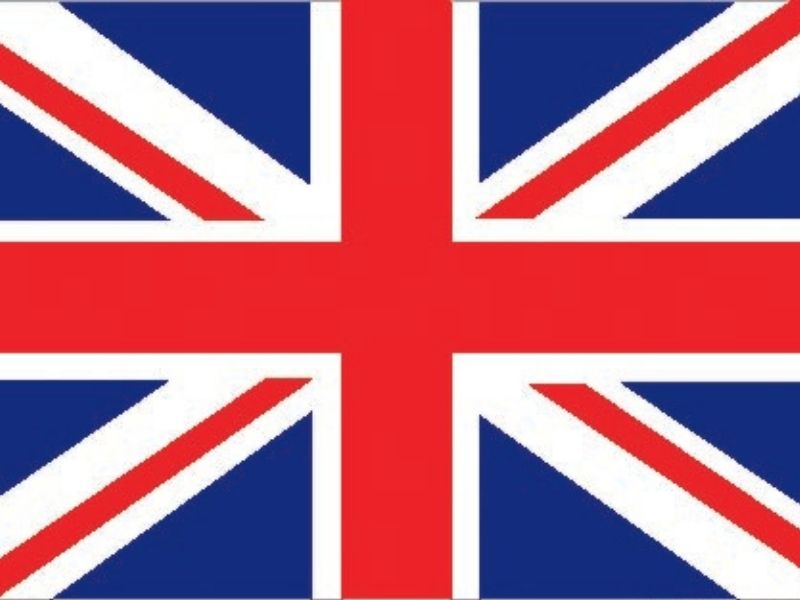
While the cost for a three or five-year visa is just £55 for EU academics or researchers with a job offer under the fast-track Global Talent route, they and every family member are required to pay an annual health surcharge of £625, with family members charged £608 each in visa costs — presenting a total bill of £14,500 (Rs.14.96 lakh) for a family of four applying for a five-year visa.
Those costs, as well as the effort required to fill out visa-related paperwork, have led several senior researchers based in EU universities to rebuff all attempts to bring them to the UK, explains Ed Pritchard, managing partner at Anderson Quigley, an executive search firm used by Russell Group universities to fill research professor roles in strategically important fields, such as artificial intelligence.
“The reality is that, since Brexit, engagement with EU academics has dwindled,” says Pritchard, who adds that a recent search for a professor in machine learning on behalf of a UK university illustrates the problem facing UK science. “We made 100 approaches to suitable candidates, and 20 came back immediately to say Brexit was a reason that they wouldn’t consider the job,” he says.
Several research leaders have told THE that since January, it has become harder to recruit suitable candidates from Europe for postdoc positions. According to Home Office figures, just 46 EU citizens applied under the Global Talent route in the first three months of 2021, excluding dependants, with 12 applications coming from Italy and eight from Germany. Some 55 applications were made from India, 77 from the US and Canada and 35 from Africa in that quarter, figures show.
David Bogle, pro vice-provost and chair of UCL’s doctoral school, says that national figures on postdoc applications are difficult to obtain but he is unsurprised by these reports. “Nationally, we have seen a drop in job applications from the EU since the Brexit vote, (and) some academics have also left saying there is a feeling that they are not wanted here. I worry about this situation, as we need this top talent. It’s not so much the visa costs that deters applicants but the NHS (National Health Service) charges, which are not a one-off,” says Bogle.
Also read: Much ado about Brexit